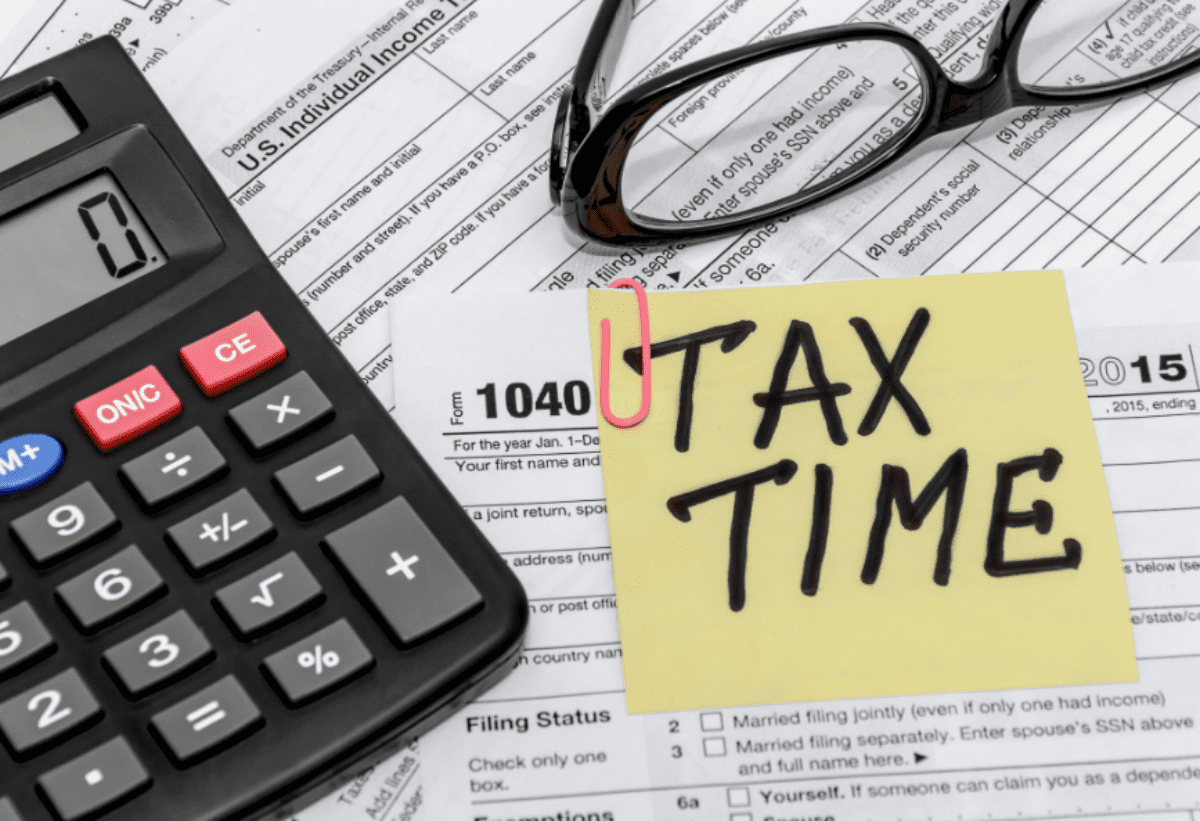Best Practices To Optimize Your Self Employment Taxes
 It’s great to be your own boss and this is the reason that a large number of people are picking up freelancing. Even those in full-time jobs are embracing it as a side hustle. While you can make good money from a part-time or full-time freelance project, you are expected to pay your taxes as well. To start with, you need to be aware of the fact that freelance income is taxable just like any other income is. Also, it will definitely impact how you file the taxes and pay them up. So it is better to understand and plan on the A to Z of taxes on freelance income to ensure that you don’t get into trouble with the IRS. Here are the basics that you must know.
It’s great to be your own boss and this is the reason that a large number of people are picking up freelancing. Even those in full-time jobs are embracing it as a side hustle. While you can make good money from a part-time or full-time freelance project, you are expected to pay your taxes as well. To start with, you need to be aware of the fact that freelance income is taxable just like any other income is. Also, it will definitely impact how you file the taxes and pay them up. So it is better to understand and plan on the A to Z of taxes on freelance income to ensure that you don’t get into trouble with the IRS. Here are the basics that you must know.
What are the taxes on self-employment income?
Freelancers pay the same income tax rates as employed persons do. Additionally, they are considered independent contractors and are taxed on the net self-employment income. This income is calculated by deducting the tax-deductible business expenses from the gross receipts. This is the tax that takes the extra bite out of the freelancers’ earnings. It includes both Medicare and Social Security taxes. If you were employed, your employer would pay half of these taxes. However, you have to pay both the halves yourself in the form of the self-employment tax as a freelancer.
What are the deductions you can claim?
While you calculate the taxable self-employment income, you will also want to know about the deductions that you can claim. These deductions matter a lot as they can reduce your tax burden to a considerable extent. According to the IRS, you can claim deductions on the entire expenses which are ordinary and necessary for the operation of your business, just like it is allowed for any other business owner. Specifically speaking, you can claim them for a home office, advertising and marketing, computer equipment and software, office supplies, utilities and travel, and business meals. However, you must maintain proper records and documentation for these expenses.
What is the minimum earning that makes you liable for paying taxes?
Obviously, you would want to know whether you actually need to pay taxes on your freelance earning. According to the federal laws, you will be liable to pay them if your earning from freelance work exceeds $ 400 in a given year. The tax attorneys from Travis W. Watkins Tax Resolution & Accounting Firm suggest that you should receive these earnings in a separate saving account for simplifying tax calculations. Further, expect a significant portion of your freelance check to cover the taxes because you have to pay income tax as well as self-employment tax.
How should you keep your taxes on schedule?
Since you are your own boss, the responsibility for keeping your taxes on schedule is yours as well. The IRS prefers a pay-as-you-go basis and this is also simplifying things for freelancers. Ideally, you should send in the tax payments throughout the year, which can be done by remitting estimated taxes. The good thing about doing so is that you will not face a cash crunch in April. You will have to pay up all final tax payments by the April 15 deadline. The better way is to pay the estimated taxes on the quarterly dates of April 15, June 15, September 15 and January 15 (of the subsequent year).
What are self-employment tax rates and thresholds?
Another fact that matters is the tax rate and threshold because you would obviously want to know them as well. The self-employment tax is just like a flat tax. It takes a one size fits all approach and everyone has to pay the same percentage to Social Security and Medicare. However, the Social Security tax only is applicable only to earnings up to $132,900 (as of the 2019 tax year). The threshold will increase to $137,700 in the next year. The Social Security tax is calculated at 12.4% of the net income up to the threshold value, while it is 2.9% of total net income for Medicare. The full values are to be paid by freelancers.
Now that you understand that freelance taxes are different from those for the employed professionals, you need to be careful while computing them. Filing the returns and paying your taxes on time is equally important to keep things on track. Having an expert tax professional to guide you and handle your tax returns is a good idea too.

 Starting a business is a common dream, and while you may only need a small investment to get off the ground, it can lead to big things. However, getting that initial seed money can be difficult, especially when you’ve still got rent and bills to pay while you wait for your first profit to arrive. That’s why you need a plan to get your business going, so here are some ideas.
Starting a business is a common dream, and while you may only need a small investment to get off the ground, it can lead to big things. However, getting that initial seed money can be difficult, especially when you’ve still got rent and bills to pay while you wait for your first profit to arrive. That’s why you need a plan to get your business going, so here are some ideas.

